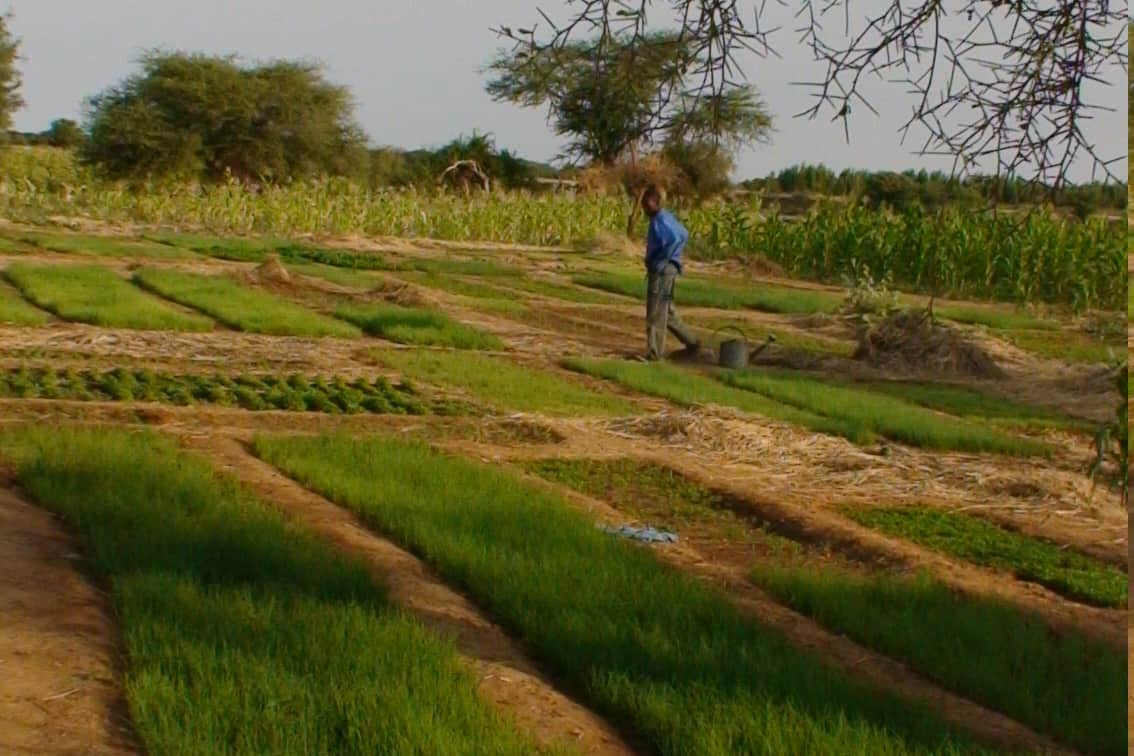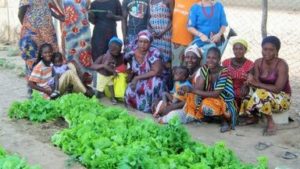
ME&A Team Evaluates Peace Corps Participating Agency Program Agreement
A two-person ME&A team has conducted a USAID evaluation of the Peace Corps Participating Agency Program Agreement (PAPA), an inter-agency agreement between the U.S. Peace Corps and USAID’s Bureau of Food Security (BFS). The evaluation was aimed at providing empirical evidence to support learning and continuous improvement of BFS and Peace Corps’ work under Feed the Future, the U.S. Government’s global hunger and food security initiative.
The ME&A team conducted the fieldwork in Zambia and Senegal using a case-study design. The evaluation assessed both progress toward outcomes and what was working well and what needed improvement for activity implementation. It consisted of document review, focus group discussions, key informant interviews, and observations. The evaluation team focused on three overarching themes:
- Outcomes
- Planning and coordination
- Peace Corps approach/model
 Within these themes, the team looked at outcomes and planning and coordination. They found differences both in how USAID and Peace Corps perceived Feed the Future’s values, and in what constituted contributions to Feed the Future’s goals, objectives, and intermediate results. USAID focused on change in quantitative variables indicating results achievement, while Peace Corps emphasized building capacity to lead to those results. The evaluation identified factors that have positively and negatively affected the achievement of Feed the Future objectives, and made actionable recommendations for both USAID and Peace Corps.
Within these themes, the team looked at outcomes and planning and coordination. They found differences both in how USAID and Peace Corps perceived Feed the Future’s values, and in what constituted contributions to Feed the Future’s goals, objectives, and intermediate results. USAID focused on change in quantitative variables indicating results achievement, while Peace Corps emphasized building capacity to lead to those results. The evaluation identified factors that have positively and negatively affected the achievement of Feed the Future objectives, and made actionable recommendations for both USAID and Peace Corps.
The PAPA agreement was signed in July 2011 to allow Peace Corps to help implement activities supporting Feed the Future’s mission of sustainably reducing global hunger and poverty. Smallholder farmers and members of the rural communities where Peace Corps volunteers work were the targeted beneficiaries of the program.
ME&A conducted the evaluation under USAID’s five-year Feed the Future Global Program Evaluation for Effectiveness and Learning (PEEL) task order contract to provide support to USAID’s Feed the Future Initiative through population-based surveys and performance and impact evaluations.


